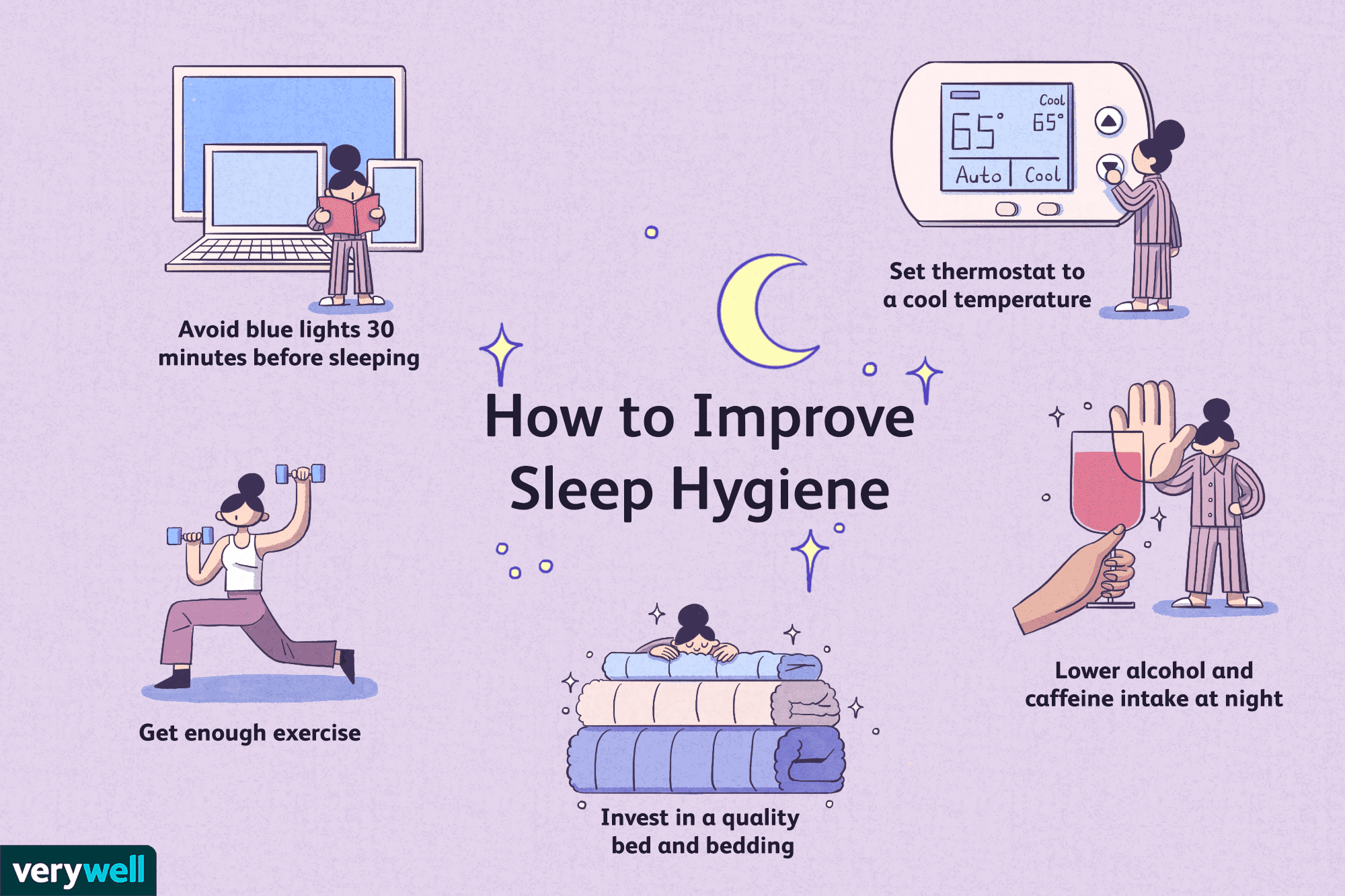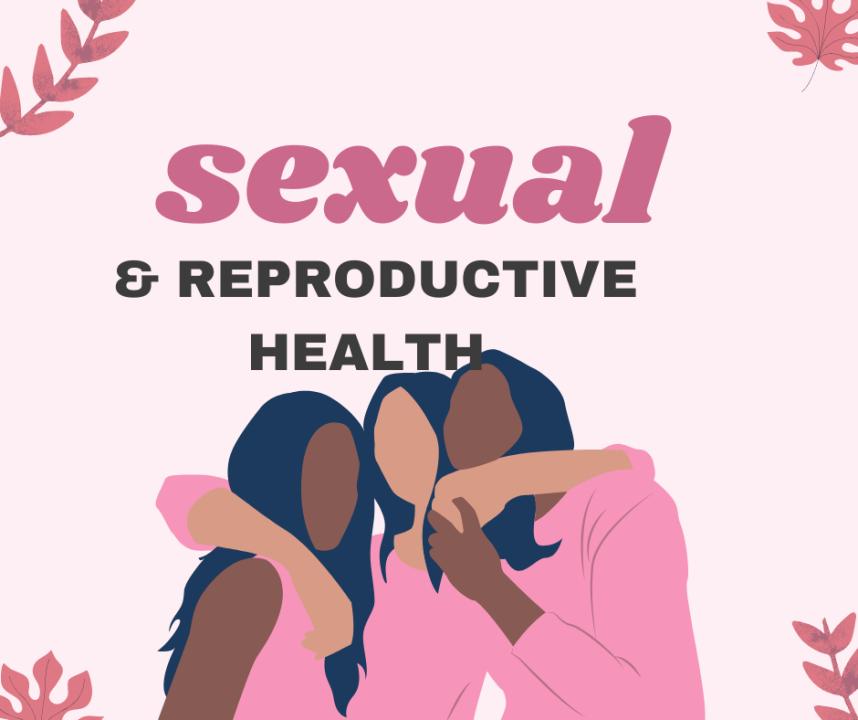Sleep Improvement Tips: Better Rest for a Healthier Life 💤✨
A good night’s sleep is essential for mental clarity, physical health, and overall well-being. Poor sleep can lead to stress, low energy, weakened immunity, and even weight gain. If you’re struggling with falling asleep, staying asleep, or feeling rested, these sleep improvement tips—including the best mattresses, supplements, and lifestyle changes—can help!
🛌 1. Choosing the Best Mattress for Quality Sleep
Your mattress plays a crucial role in sleep quality. The right one provides support, comfort, and temperature regulation.
🔹 Best Mattress Types Based on Sleep Position
✔ Memory Foam – Ideal for side sleepers; provides excellent pressure relief
✔ Hybrid (Memory Foam + Coils) – Good for back sleepers; offers support & bounce
✔ Latex – Naturally breathable & durable; great for hot sleepers
✔ Innerspring – Traditional, firm support; ideal for stomach sleepers
✔ Adjustable Beds – Best for people with back pain or snoring issues
🔥 Key Mattress Features to Consider:
✅ Firmness Level – Soft (Side Sleepers) → Medium (Back Sleepers) → Firm (Stomach Sleepers)
✅ Cooling Technology – Gel-infused foam & breathable materials prevent overheating
✅ Motion Isolation – Minimizes movement if you share a bed
✅ Trial Period – Look for at least a 90–120-day trial to test comfort
🏆 Top-Rated Mattress Brands:
- Tempur-Pedic – Best for pressure relief & durability
- Saatva – Luxury hybrid with great lumbar support
- Purple – Unique grid design for breathability
- Nectar – Affordable, high-quality memory foam
- Sleep Number – Adjustable firmness for personalized comfort
➡ Pro Tip: A good mattress should be replaced every 7–10 years to maintain proper support!
🌿 2. Best Supplements for Better Sleep
While lifestyle changes are essential, certain natural supplements can promote relaxation and improve sleep quality.
🧴 Recommended Sleep Supplements:
✅ Magnesium Glycinate – Helps relax muscles & calm the nervous system
✅ Melatonin (0.5–3mg) – Regulates sleep-wake cycles (use occasionally)
✅ L-Theanine – Found in green tea; reduces stress & promotes deep sleep
✅ Valerian Root – A natural sedative that may help with sleep onset
✅ GABA – A neurotransmitter that encourages relaxation
✅ CBD Oil – Supports stress relief & improves sleep duration
➡ Pro Tip: Always start with a low dose and consult a doctor before using supplements, especially if taking medications!
🛀 3. Creating the Perfect Sleep Environment
Your bedroom should be an oasis for rest. Here’s how to optimize it:
🌙 Bedroom Setup for Better Sleep:
✔ Cool Temperature – Keep the room at 60–67°F (16–19°C)
✔ Blackout Curtains – Block out light for deeper sleep
✔ White Noise Machine – Drowns out background noise for uninterrupted rest
✔ Aromatherapy (Lavender, Chamomile, or Sandalwood) – Naturally calms the mind
✔ Weighted Blanket – Helps reduce anxiety & promotes melatonin production
➡ Pro Tip: Keep your bedroom clutter-free—a clean space improves relaxation & reduces stress!
📴 4. Optimizing Your Nighttime Routine
A consistent pre-bedtime routine signals to your body that it’s time to sleep.
⏳ Ideal Night Routine (90 Minutes Before Bedtime):
🚫 Limit Screen Time (Blue Light Exposure) – Avoid phones & laptops 1 hour before bed
☕ Avoid Caffeine & Heavy Meals – Stop consuming coffee, alcohol, or large meals 4–6 hours before sleep
📖 Engage in a Relaxing Activity – Read a book, listen to soft music, or practice meditation
🛀 Take a Warm Bath or Shower – Helps lower body temperature for sleep readiness
💆 Practice Deep Breathing or Yoga – Reduces stress & calms the nervous system
➡ Pro Tip: If you can’t sleep after 20 minutes, get up and do a quiet activity (like reading) until you feel drowsy.
📅 5. Managing Sleep Schedule & Circadian Rhythm
Your body thrives on consistency! Waking up and sleeping at the same time daily helps regulate your circadian rhythm.
🔹 How to Fix an Irregular Sleep Schedule:
✅ Set a fixed wake-up & bedtime—even on weekends!
✅ Get sunlight exposure in the morning to regulate melatonin
✅ Use dim, warm lighting in the evening to prepare for rest
✅ Avoid long naps (Keep naps under 20–30 minutes)
➡ Pro Tip: If you struggle with waking up, try a sunrise alarm clock to mimic natural sunlight!
🚀 6. Lifestyle Changes to Improve Sleep Naturally
🏋️♂️ Move Your Body During the Day
✔ Exercise for at least 30 minutes daily (but not right before bed)
✔ Yoga & stretching help with relaxation before sleep
🍽️ Eat for Better Sleep
✔ Foods that promote sleep: Almonds, kiwi, bananas, turkey, and chamomile tea
✔ Avoid high-sugar or spicy foods at night
💆 Manage Stress & Anxiety
✔ Journaling before bed helps clear your mind
✔ Try mindfulness meditation to quiet racing thoughts
✔ Progressive Muscle Relaxation (PMR) – Tense and relax each muscle group
➡ Pro Tip: The more relaxed your mind is, the easier it will be to fall asleep!
🚫 7. What to Avoid for Better Sleep
🚨 Common Sleep Disruptors:
❌ Excessive Caffeine – Stop consuming after 2 PM
❌ Blue Light from Screens – Use blue light filters if necessary
❌ Too Much Alcohol – Disrupts REM sleep and causes restlessness
❌ Overthinking Before Bed – Use relaxation techniques instead
❌ Uncomfortable Mattress/Pillow – Invest in quality bedding!
➡ Pro Tip: If you wake up frequently, keep a sleep diary to track habits and identify triggers!
🔄 Recap: The Ultimate Sleep Optimization Plan
✔ Choose the Right Mattress & Pillow (based on sleep position)
✔ Try Natural Sleep Supplements (Magnesium, Melatonin, Valerian Root)
✔ Optimize Your Sleep Environment (Cool, dark, & quiet room)
✔ Stick to a Nighttime Routine (Reduce screens, relax, & wind down)
✔ Regulate Your Sleep Schedule (Consistent bedtime & wake-up time)
✔ Exercise & Eat Right for Sleep (Avoid caffeine, stay active, & eat sleep-friendly foods)
✔ Manage Stress & Anxiety (Meditation, journaling, & relaxation techniques)




